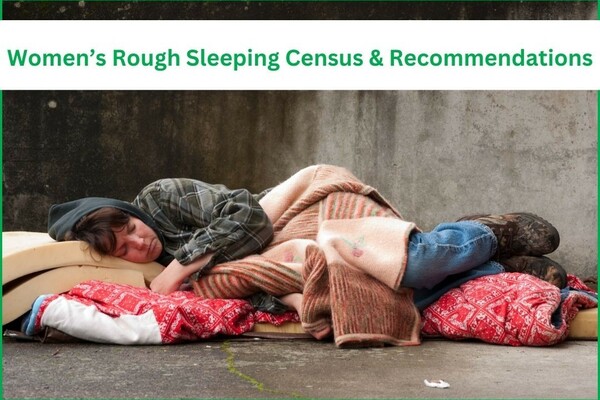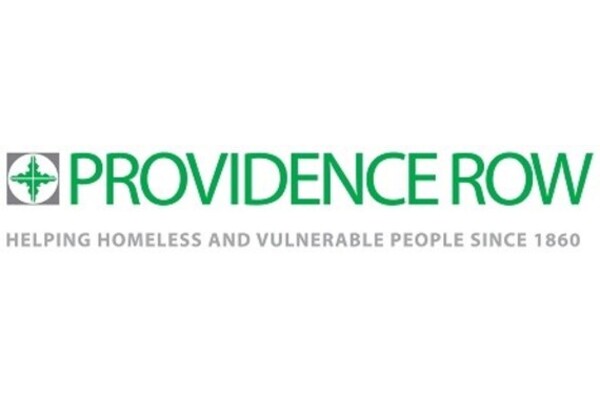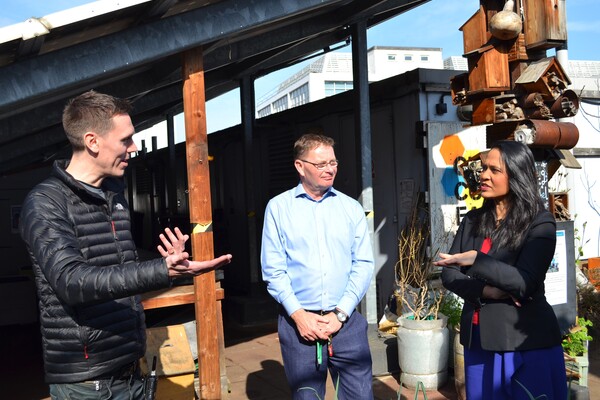Providence Row and other leading homelessness, housing, violence against women and girls, health organisations and local authorities across England have signed an open joint letter delivered to Angela Rayner and ministers with three calls to action to help reform the way that women’s rough sleeping and homelessness are recognised and responded to.
The calls to action supported by 47 organisations are based on extensive research by the Single Homeless Project (SHP) and Solace, using a gender-informed approach to counting women sleeping rough.
The research shows that there may be up to nine times as many women rough sleeping across England than the Government’s annual Rough Sleeping Snapshot suggests.
It also reveals that women’s needs are not being met, largely due to current Government policies and practices, which are based predominantly on the experiences of men.
The calls to action include:
- Make the Government’s response to homelessness and rough sleeping gender-informed: Current rough sleeping definitions, strategies and practices are based predominantly on the experiences of men. Government should use the findings from the census to ensure its policy, strategies and guidance are gender-informed and provide an equitable response to all those who are rough sleeping, including supporting change to verification practices. All government data collected on homelessness and rough sleeping should be subject to an equalities impact assessment to ensure that methods are inclusive of women and marginalised groups.
- Resource and lead the women’s rough sleeping census: Government should lead the women’s rough sleeping census, supporting every local authority in England to conduct it annually. This can be achieved through the resourcing of a dedicated lead to oversee the rollout of the census, and the support and assistance of the Government’s rough sleeping advisors.
- Ensure women have access to safe and suitable accommodation, including through national funding pots and guidance for local commissioners on women’s pathways: Government should use the findings and experience of the Women’s Rough Sleeping Census and specialist services to develop cross-sector pathways of support that are effective and safe for women, including specialist and women’s services, and services for migrant women. This should be accompanied by guidance on improving the safety of temporary accommodation for women, the expansion of priority need for survivors of wider forms of violence against women and girls (VAWG), and the lifting of the no recourse to public funds condition for migrant women experiencing VAWG.
The third Women’s Rough Sleeping Census (2024), in which Providence Row is taking part, will take place in over 50 local authorities across England this September.
You can read the full letter below.










